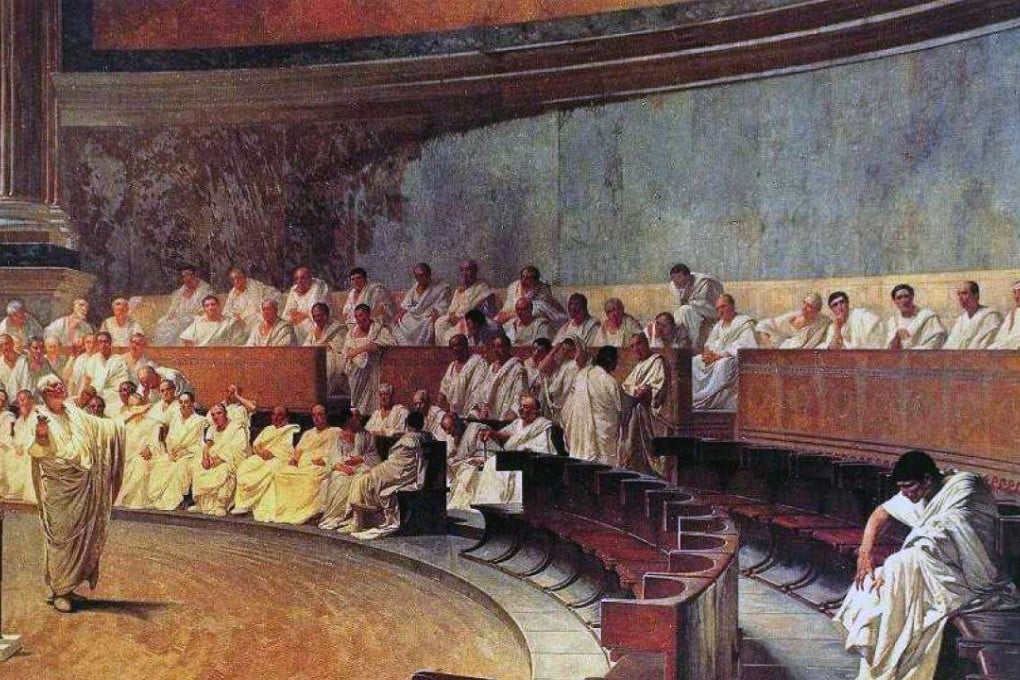Advertisement
Book review: Cicero’s How to Grow Old – ancient but timeless wisdom about ageing
Ancient Roman orator Cicero’s mellow and wise take on ageing and the prospect of death provides food for thought for even modern man
2-MIN READ2-MIN


How to Grow Old: Ancient Wisdom for the Second Half of Life
by Marcus Tullius Cicero, translated by Philip Freeman
Advertisement
Princeton University Press
4 stars
Advertisement
Removed to his country estate after opposing Julius Caesar, the Roman orator Cicero wrote a short treatise on embracing old age actively, enjoying its consolations while accepting its limitations. In Philip Freeman’s translation (with Latin and English on facing pages), Cicero comes across as not only a wise old soul, but a mellow one, too.
Advertisement
Select Voice
Select Speed
1.00x